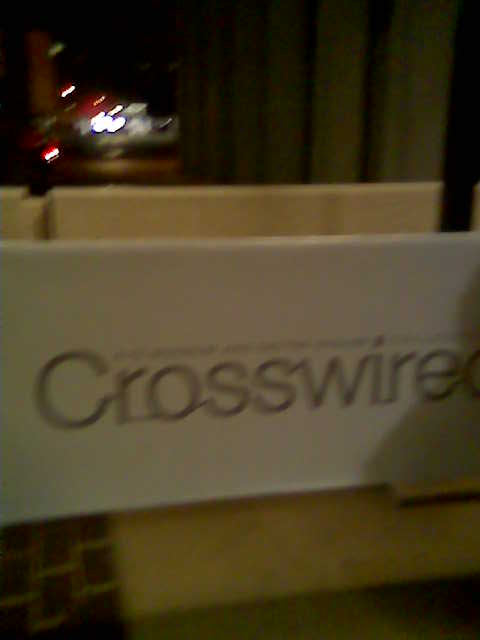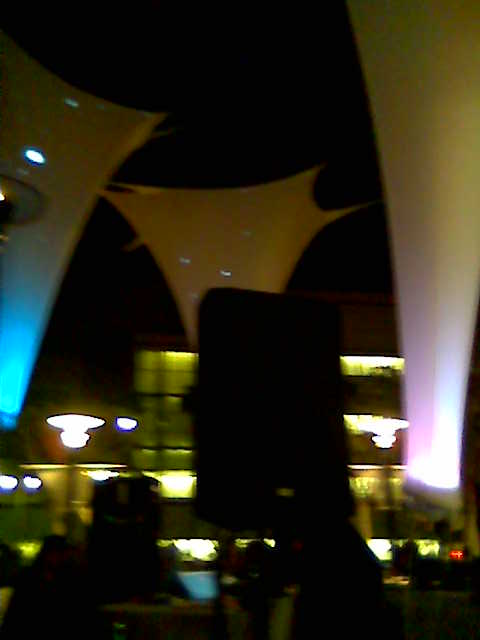Flash upgrade; XHTML downgrade

I've really been enjoying reading all the reactions to the MTV.com redesign.
The story goes that MTV.com decided to switch from a Flash site to an XHTML site in response to complaints of users and because they wanted a quicker-loading, search-engine friendly site, an advantage properly coded XHTML has over Flash. They even enlisted one of the best to work on the code: Dan Cederholm of SimpleBits. All in all, seems like a sound plan for success.
But when MTV announced the launch of the redesign on their blog, users overwhelmingly disapproved in the ensuing comments. Someone on Kaliber 10K also gave it a thumbs down, although he doesn't say why. The comments on the MTV Labs blog, however, (the ones that are more constructive than "the new site sucks") reveal a common thread that a move away from anything but Flash for the entire site is a downgrade.
The XHTML downgrade
Take away the HATs (rotating Header Art Treatment), and you've got a pretty vanilla site. Sure, it's clean, a bit airy, and has some CSS drop-down menus that everyone loves these days, but it's not much we haven't seen elsewhere. Where has the unique user experience gone?
Because of this poor redesign, a lot of (but thankfully not all) people are pointing blame at XHTML, calling it a downgrade and asking MTV to upgrade back to the old Flash site. I'll give them this much: XHTML/CSS designers tend to be developers first and designers second, and their sites can sometimes reflect that. Dan Cederholm, for example, is known more for his opinions on XHTML/CSS and web standards than for his command of kerning or mastery of the web grid.
Flash web designers, on the other hand, generally come from graphic design, interactive design, and art backgrounds, and rumor has it that they make a lot more money. They focus on creating more of a unique interactive experience—usually so much so that it takes a little time to figure out how to use the site. If you flip through the portfolios of some of these designers, you'll see sites that don't look at all like web sites—they're abstract, they're experimental, and they ask the user to play instead of simply retrieve content.
As a technology, Flash is great for video, animation, games, interactive art, and even some text replacement, but as a platform for dishing out massive amounts of content, Flash is a poor choice. So, I think that MTV made the right decision switching to XHTML, and a lot of neigh-sayers may change their minds when they realize that, for example, you can now post videos from MTV on your own site like you can with YouTube. What gets me, though, (especially as an XHTML/CSS designer) is that this redesign is unnecessarily giving XHTML/CSS design a bad name. The creative interfaces of Flash can just as well be done in XHTML. Throw in some DOM scripting for interaction, and you can create almost the exact same thing.
The MTV experience
Really, this is what MTV should have done. Unless Fantasy Interactive held on to some copyrights, which is unlikely, there probably wasn't much good reason to change the design of the site's interface. That unique interface was what some people applauded so much late last year. And now this new design is, for some, another example of why good design is only done with Flash.



